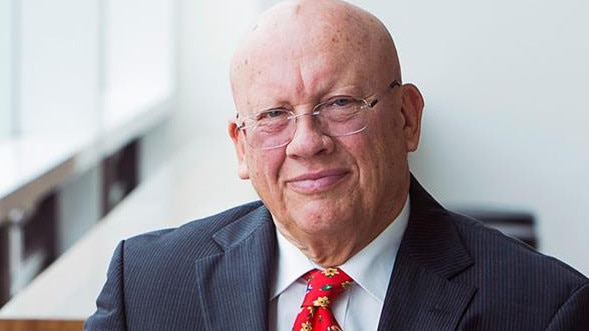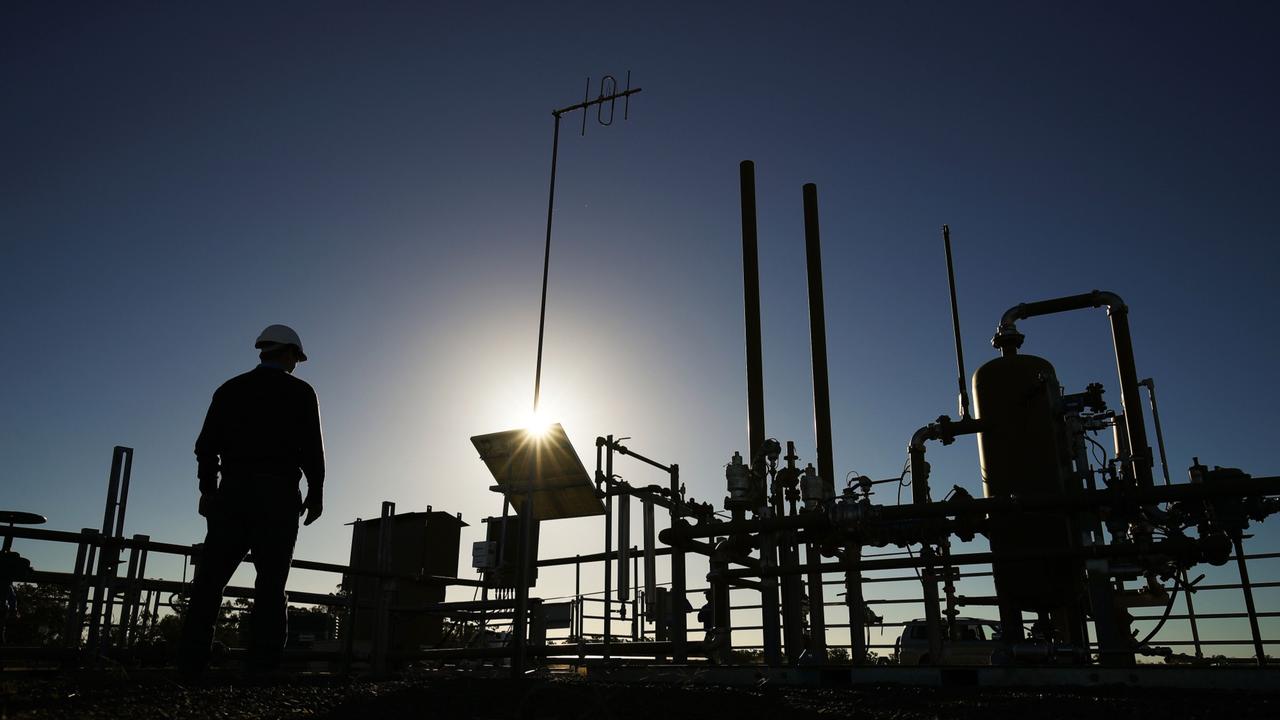Tax cut a big win for foreign investors: Prof Swan
A highly regarded free-market economist has dropped a bomb into tax reform debate.

A highly regarded free-market economist has dropped a bomb into tax reform debate, arguing the government’s plan to cut company tax from 30 per cent would be a “windfall gain” for foreigners “with no likelihood of increasing investment”.
Professor Peter Swan, a member of the free-market think tank the Centre for Independent Studies’ academic board, said standard arguments for cutting company taxation rested on unrealistic assumptions and ignored Australia’s dividend imputation system, which effectively exempted domestic investors from company tax.
“At best, the corporate tax reduction simply benefits foreign investors while yielding no additional investment. More plausibly, however, it will sizeably reduce investment when other taxes impinging on domestic investors are raised to make up for the revenue shortfall,” he concluded.
The Turnbull government’s plan to cut company tax to 25 per cent by 2026, first announced in the 2016 budget, is expected to reduce revenues by $48.2 billion over 10 years, for an ultimate increase GDP in GDP of 1 per cent.
Professor Swan, who teaches finance at the University of New South Wales, said the fact the vast bulk of investment in Australia was carried out by Australians, and in particular superannuation funds, undermined the assumption that foreigners were the relevant “marginal investor” for the purposes of analysing tax changes.
“The Treasury can’t have it both ways; they can’t say Australians invest too much in Australia and then say foreigners are the marginal investor,” he explained.
“Even on the government’s own modelling, a 1 per cent increase in GDP is tiny and the loss of revenue will be made up for by Australian workers one way or another in higher personal taxes,” he told The Australian yesterday.
Professor Swan said the corporate tax reduction that had already been legislated, for businesses with turnover up to $25 million, should make “no difference” to the economy since “corporate tax is simply a prepayment of personal tax for most of these investors”.
Unlike most countries, since 1987 taxpayers in Australia have received refundable tax credits along with their dividends to ensure they pay tax on investment at their marginal personal tax rate. Australia has “enjoyed one of the world’s best designed and least distorting corporate tax systems”, he said.
The study found even at 25 per cent, the tax-inclusive supply price of foreign capital “was way higher” than the cost of capital for firms that pay franked dividends.
Professor Swan’s argument is contrary to the position of practically every business group in the country, including the Business Council of Australia and the Australian Chamber of Commerce and Industry, which have strongly backed the government’s plan.
Company tax is ultimately paid by shareholders, workers and customers through lower wages and higher prices, respectively.
Most economists argue that lowering company tax makes more investment projects viable after tax.
“All the models in favour of cutting it just assume we take the cost of foreign capital as a given, which ignores the facts,” he added.
Treasury modelling assumes foreigners invest in Australia up to the point where their after-tax return is the same as they would receive from investing in other countries, implying they don’t pay company tax.
The Turnbull government has come under increased pressure to cut company tax after the Trump administration announced drastic cuts to corporate tax last year, following similar moves by Britain.



